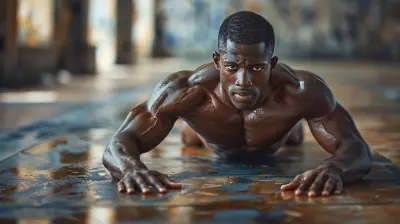The Impact of Hydration on Sleep Quality
17 August 2025
Let’s be real—most of us don’t think much about water unless we’re sweating at the gym or stuck in the sun. But here’s something that might surprise you: the amount of water you drink during the day can actually affect how well you sleep at night. Yep, hydration and sleep are linked in more ways than we might think.
If you’ve ever woken up parched in the middle of the night or found yourself making multiple trips to the bathroom when you should be in dreamland, chances are your fluid intake might be to blame. Let’s dive into the powerful connection between hydration and sleep quality and see what your body’s really trying to tell you.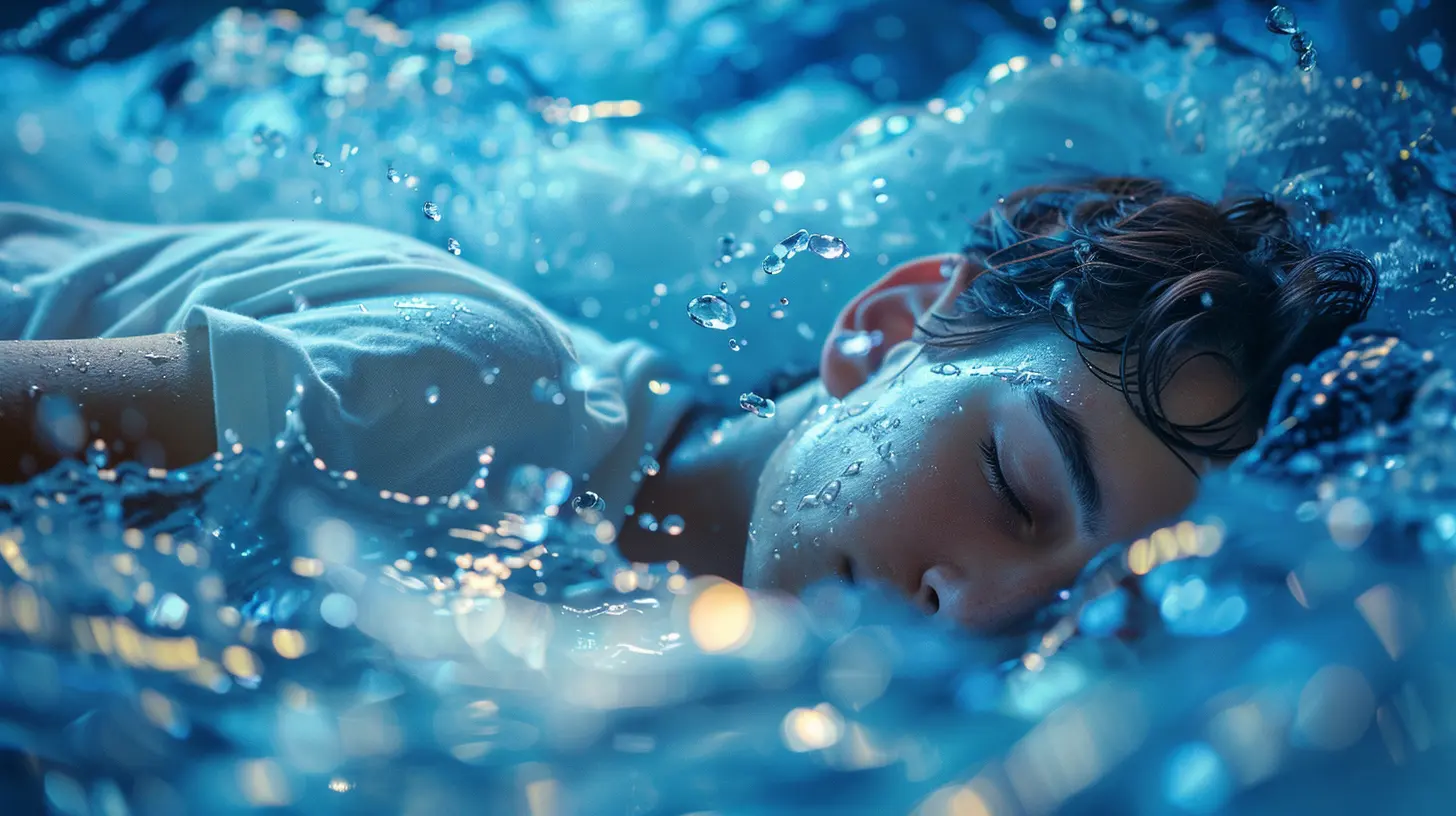
Water and the Wonders It Works in Your Body
Water isn’t just something we sip to quench our thirst. It’s basically the fuel behind almost every function in your body. Think of it like oil in a car—without it, everything grinds to a halt. From regulating your body temperature to transporting nutrients, and yes, even helping you sleep, water does it all.So, if you’re wondering how something as simple as drinking more (or less) water has to do with a good night’s rest, you’re not alone. But the connection is real. Let’s break it down.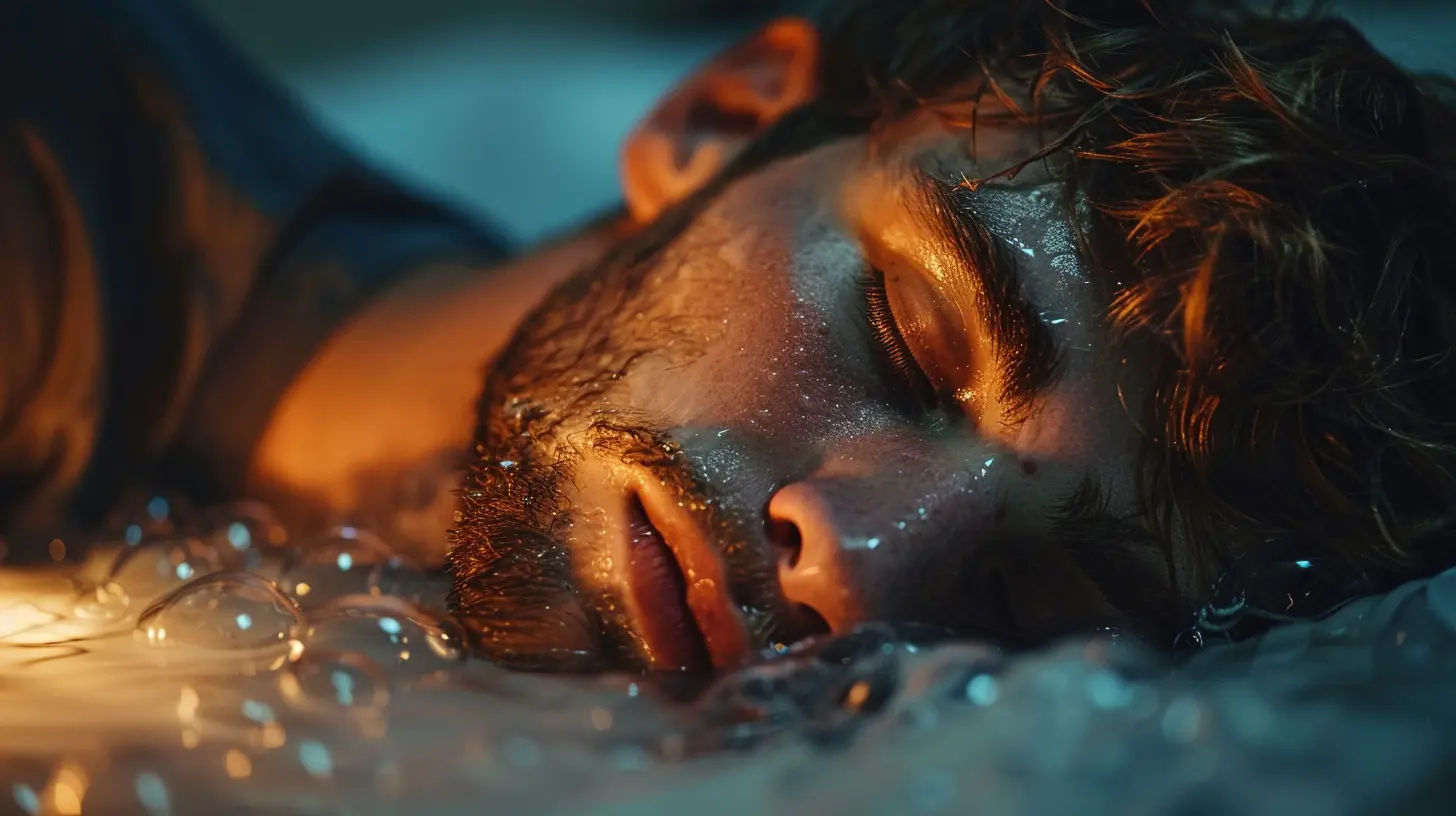
The Sleep-Hydration Connection: What Science Says
So, what exactly happens when you go to bed dehydrated? Or maybe too hydrated? It turns out, both ends of the spectrum can mess with your sleep in different ways.1. Dehydration Can Disrupt Your Sleep Cycle
Your body loses water through breathing, sweating, and even while you’re chilling on the couch. When you're asleep, your body continues to lose moisture, especially through respiration (ever notice how dry your mouth feels after sleeping with it open?). If you’re already on the low end of hydration by bedtime, your body is basically running on empty.Here’s where it gets tricky: dehydration can trip up your internal thermostat. Your body has a tougher time regulating its temperature, and that can mess with REM sleep—the most restorative stage of the sleep cycle. Less REM = crummy sleep.
Plus, dehydration can cause dry mouth and nasal passages, leading to snoring (sorry to your partner) and disrupted breathing.
2. Overhydration Can Lead to Midnight Bathroom Runs
Let’s flip the script. Guzzling too much water before hitting the hay? That’s a ticket to interrupted sleep too—but for a different reason.Waking up to pee once in a while is normal. But if it becomes a nightly event (or three), it could mean you’re drinking too much too close to bedtime. Nothing snaps you out of deep sleep faster than the urge to use the bathroom.
That’s why striking the right hydration balance is key. Not too little, not too much—just right.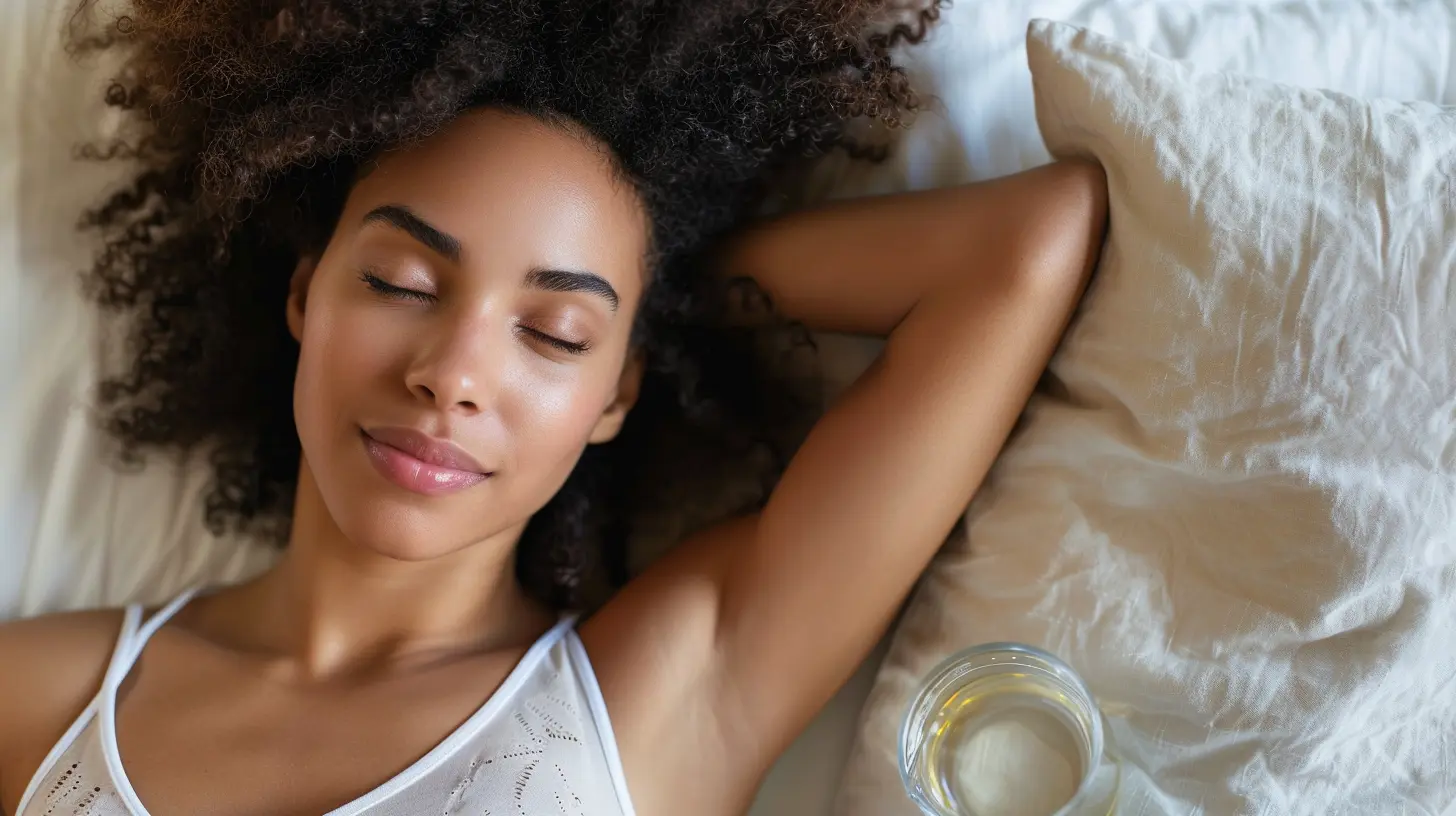
Signs You're Not Hydrating Right for Good Sleep
Okay, so how do you know if your hydration is sabotaging your slumber? Here are a few red flags to watch out for:- Dry mouth or throat when you wake up
- Waking up groggy or with brain fog
- Cramping or restless legs during the night
- Frequent nocturnal bathroom trips
- Headaches in the morning
Any of these sound familiar? Your water habits might need a little tweaking.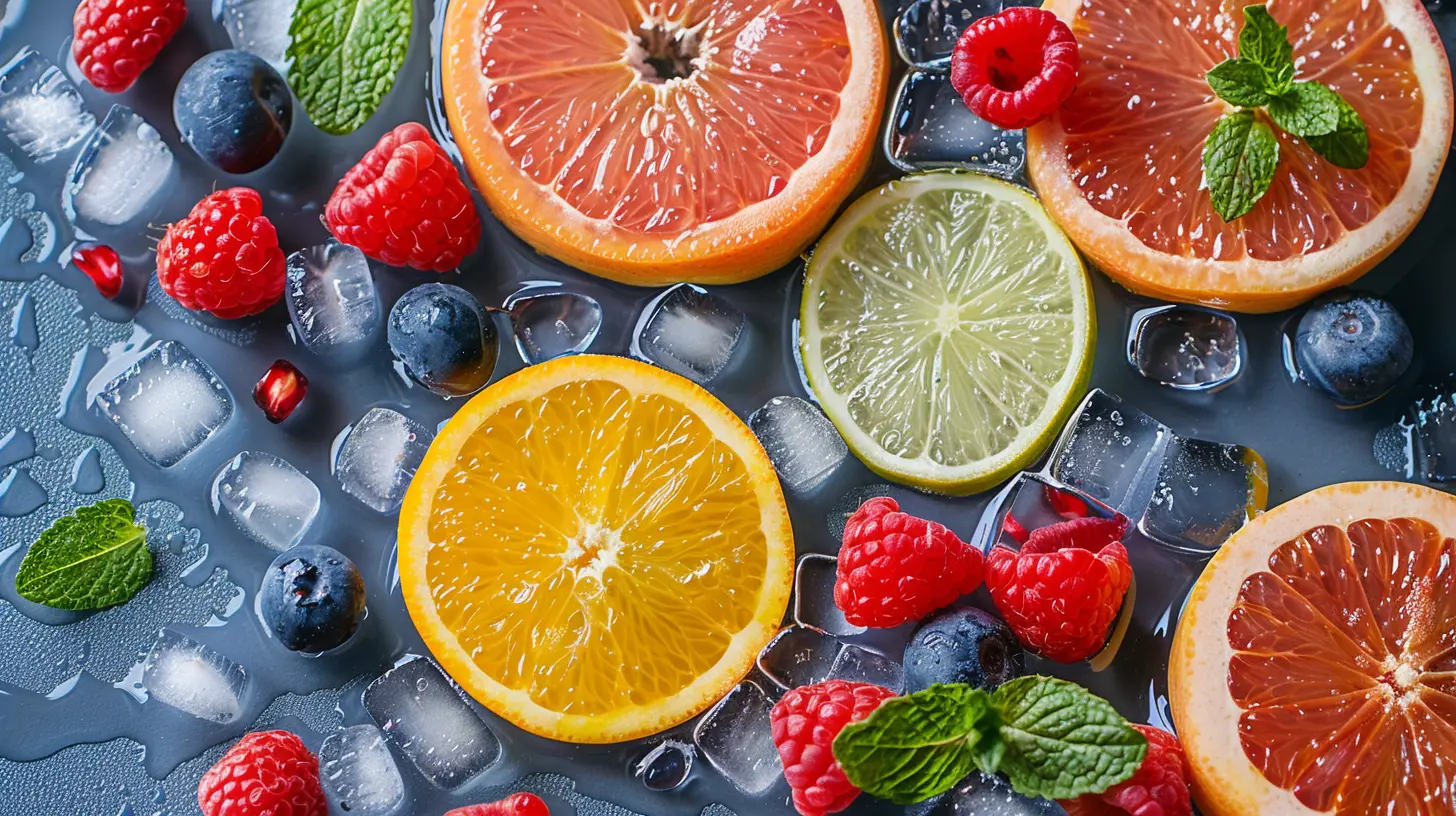
When to Drink Water for Better Sleep
You’re probably thinking, “Alright, just tell me when and how much to drink.” Fair enough. Timing is everything.Morning: Start Strong
Your body wakes up needing hydration. Think about it—you’ve just gone 7–9 hours without water. A tall glass of water in the morning jumpstarts your metabolism, flushes out toxins, and rehydrates your brain. Win-win-win.Afternoon: Stay Steady
By mid-day, don’t ease up. Keep sipping consistently throughout the day. This helps keep your energy levels balanced and avoids that late afternoon crash.Evening: Easy Does It
Here’s where most people slip up. Drinking too much right before bed is a classic rookie mistake. Try stopping major fluid intake about 1–2 hours before you hit the sack. A few sips if you’re thirsty? Totally fine. But chugging water right before bed? Not the move.Hydration and Hormones: The Sleep Equation
Now for some fun science. When we talk about hydration and sleep, it’s not just about comfort—it’s about chemistry.Vasopressin: The Nighttime Hero
There’s a hormone called vasopressin that kicks in while you sleep. Its job? Help your body retain water so you don’t wake up dehydrated. Cool, right?But here’s the kicker—if you’re dehydrated going into sleep, vasopressin release can be disrupted. That throws your sleep rhythm off-track, and you'll likely wake up thirsty or feeling like you haven't rested at all.
Melatonin and Body Temperature
Proper hydration also helps regulate your core body temperature, which needs to drop slightly to initiate sleep. Staying hydrated gives your body the edge it needs to do this efficiently and helps melatonin (the sleep hormone) do its thing.What About Caffeine and Alcohol?
Ah yes, the usual suspects.Caffeine is a diuretic, which means it gets you to pee more. If you’re chaining cups of coffee all day, you might be losing more water than you’re putting in, especially if you’re not replenishing.
Alcohol, while it might make you feel drowsy, actually disrupts your sleep cycle big time. It’s also dehydrating. You might fall asleep faster, but chances are you’ll wake up multiple times and feel like a zombie the next morning.
Moral of the story? Hydrate around your alcohol and caffeine intake—and be smart about when you consume them.
Foods That Hydrate While You Sleep
Did you know that hydration isn’t just about what you drink? Some foods carry a hidden bonus—they’re packed with water and can support better sleep.Here are a few water-rich foods that play nice with bedtime:
- Cucumbers (96% water)
- Watermelon (92%)
- Strawberries (91%)
- Lettuce (95%)
- Zucchini (94%)
And for sleep support, pair them with foods high in magnesium and potassium—like bananas, almonds, and spinach.
Pro tip: A small bedtime snack with complex carbs and protein can actually help tryptophan (the sleepy-time amino acid) reach your brain. Sleep and hydration go hand in hand with the right fuel.
Hydration Habits That Make Sleep Sweet
Let’s tie it all together with real-life, do-able habits. You don’t need to overhaul everything—just make a few smart shifts.1. Use a Reusable Water Bottle During the Day
Having your water with you is a simple cue to sip more. Think of it like your sidekick—it’s there to help you stay balanced and avoid late-night overcompensating.2. Set a Water Drinking Schedule
Try the “2-4-6-8” method—drink 2 cups when you wake up, 4 by lunch, 6 by dinner, and 8 by bedtime. And remember, taper off in the evening.3. Limit Sodium and Sugary Drinks
High-sodium foods can spark dehydration, and sugary drinks (even those fancy “hydration boosters”) can spike and crash your energy. Water is still your best bet.4. Notice Your Pee (Seriously)
Weird tip, but it works. If your urine is pale yellow, you’re good. Dark yellow or amber? You probably need more water.5. Add Electrolytes (When Needed)
If you live in a hot climate, exercise regularly, or sweat a lot, it’s not just about water—you need electrolytes too. And no, this doesn’t mean grabbing a sports drink loaded with sugar. Look for low-sugar options or natural sources, like coconut water or a pinch of sea salt and lemon in water.The Bottom Line: Hydration is a Sleep Game-Changer
You don’t need to obsess over every drop of water you drink, but being mindful about hydration—especially how and when you hydrate—can be one of the simplest, most effective ways to improve your sleep quality.Think of your sleep like a garden. You wouldn’t expect your plants to thrive without water, right? The same logic applies to you. Your brain and body need the right amount of hydration to bloom overnight.
So tonight, before reaching for that third glass of wine or skipping your water altogether, ask yourself: “Am I setting myself up for sweet dreams or restless tossing and turning?” Your answer might just lie at the bottom of your water glass.
Sweet (and hydrated) dreams!
all images in this post were generated using AI tools
Category:
HydrationAuthor:

Jackson Mahoney
Discussion
rate this article
1 comments
Dash McIlroy
Who knew staying hydrated could be the secret to snoozing like a baby? Next time I can’t sleep, I’ll trade my bedtime snack for a water bottle—cheers to sweet dreams!
September 11, 2025 at 2:42 PM

Jackson Mahoney
Absolutely! Staying hydrated can significantly improve sleep quality. Cheers to better rest!
